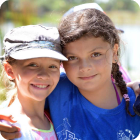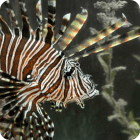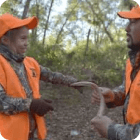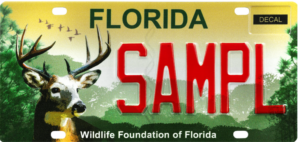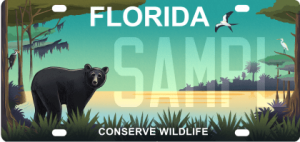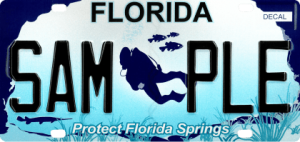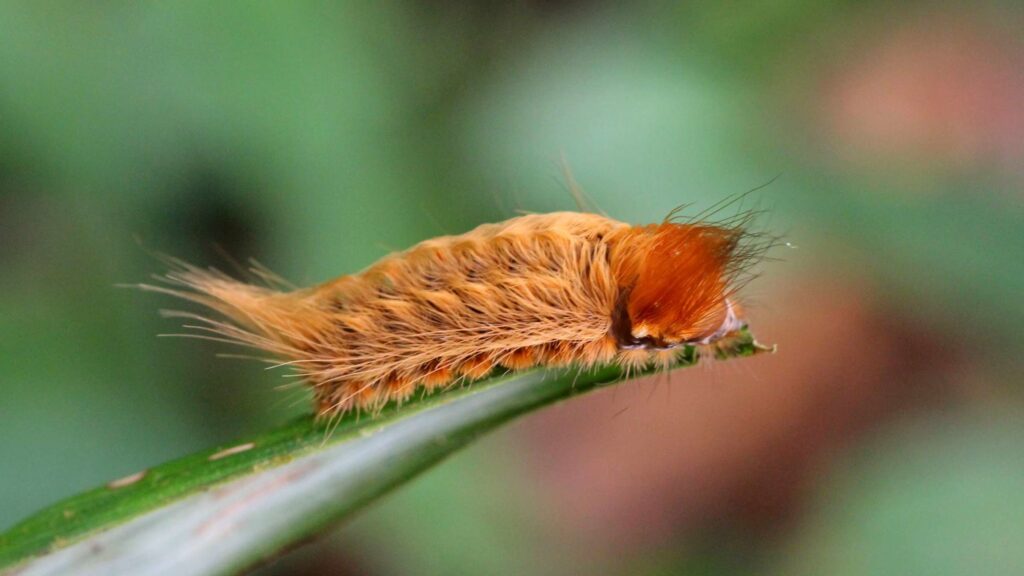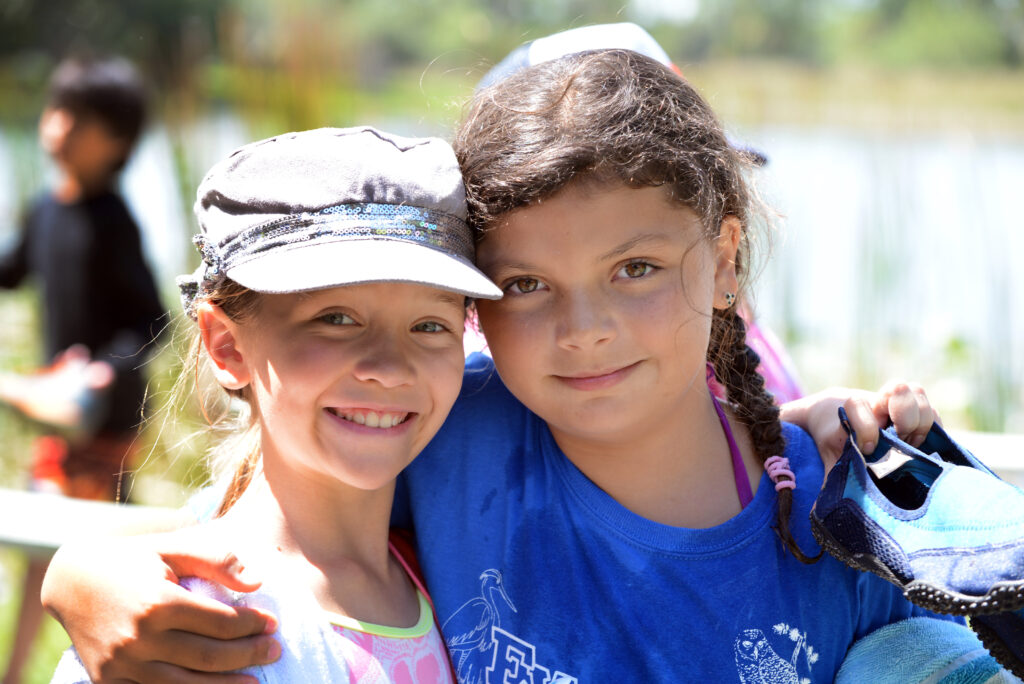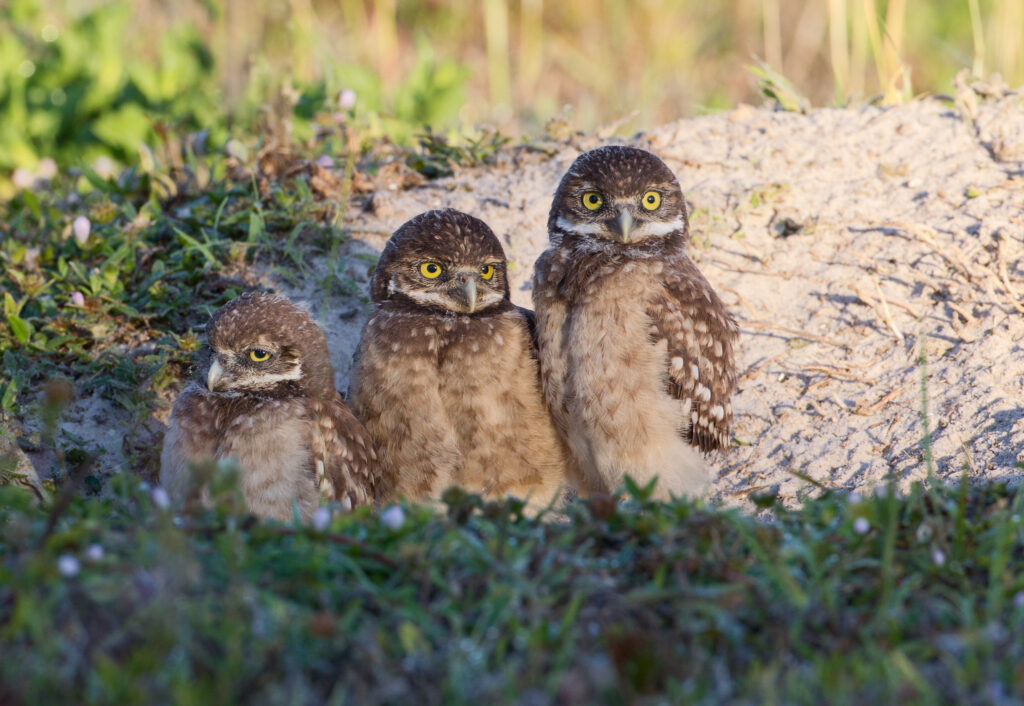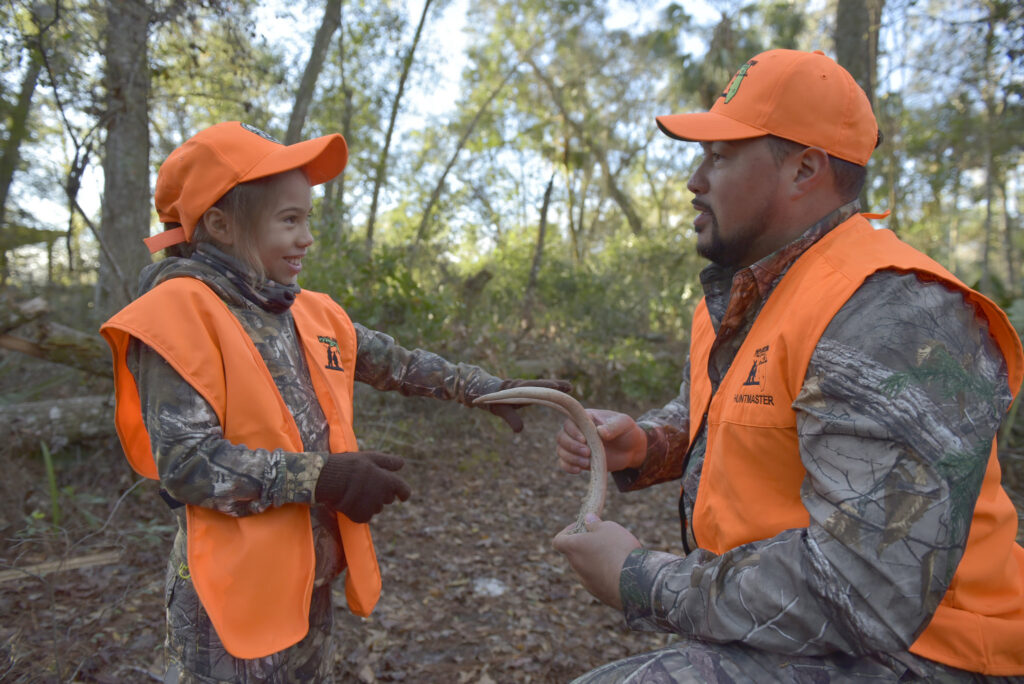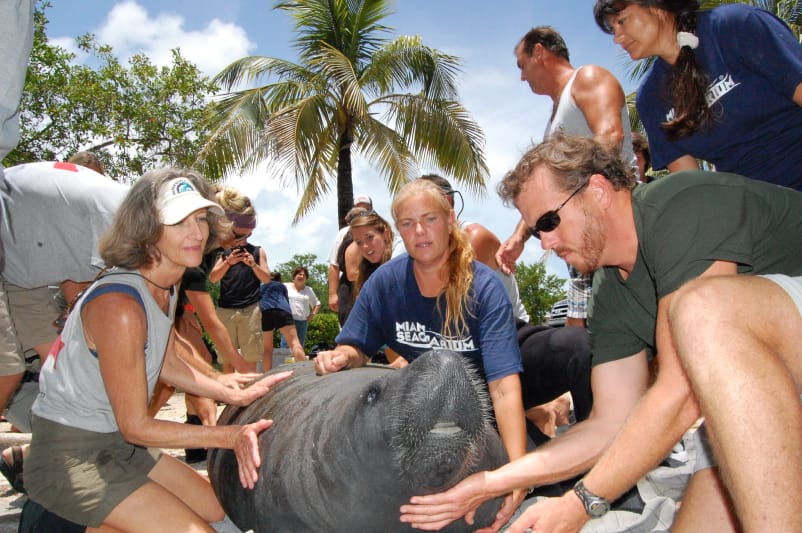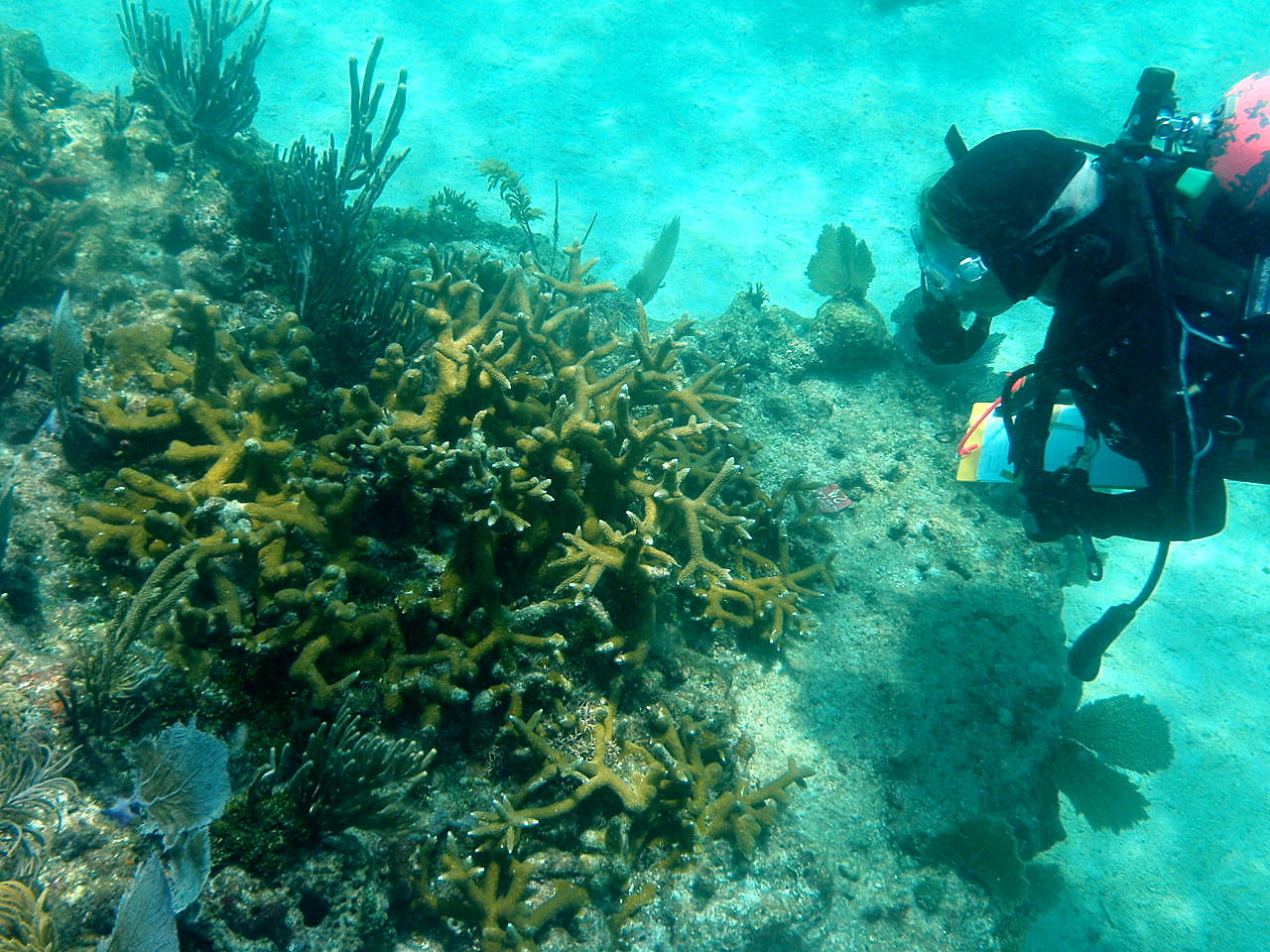
Coral reefs are central to the health and diversity of our oceans. Although coral reefs represent only one percent of ocean habitats, they serve as home, protection, and spawning grounds for a fourth of all marine life.
Reefs regulate carbon dioxide levels in the water and prevent shoreline erosion by mitigating the effects of offshore currents and hurricanes. Florida possesses the third-largest reef system in the world. Disruption of reef biodiversity can trigger a loss of the reef as a whole. This is particularly true in the Florida Keys. “Coral bleaching,” triggered by high water temperatures, has caused significant reef damage in Florida. When water is too warm, corals expel the algae (zooxanthellae) living in their tissues, causing the coral to turn completely white. Corals are under considerable stress and subject to high mortality if bleaching events occur too frequently or other significant threats are present. Unfortunately for Florida’s reefs, other threats are present.
High salinity levels in the Florida Bay, caused by the diminished flow of freshwater to the Everglades, threaten many of the species of coral comprising the Florida Keys reef system. Water pollution, sedimentation, and careless boating and diving that physically damage reefs can be locally problematic. Reefs can also be damaged or destroyed by hurricanes.
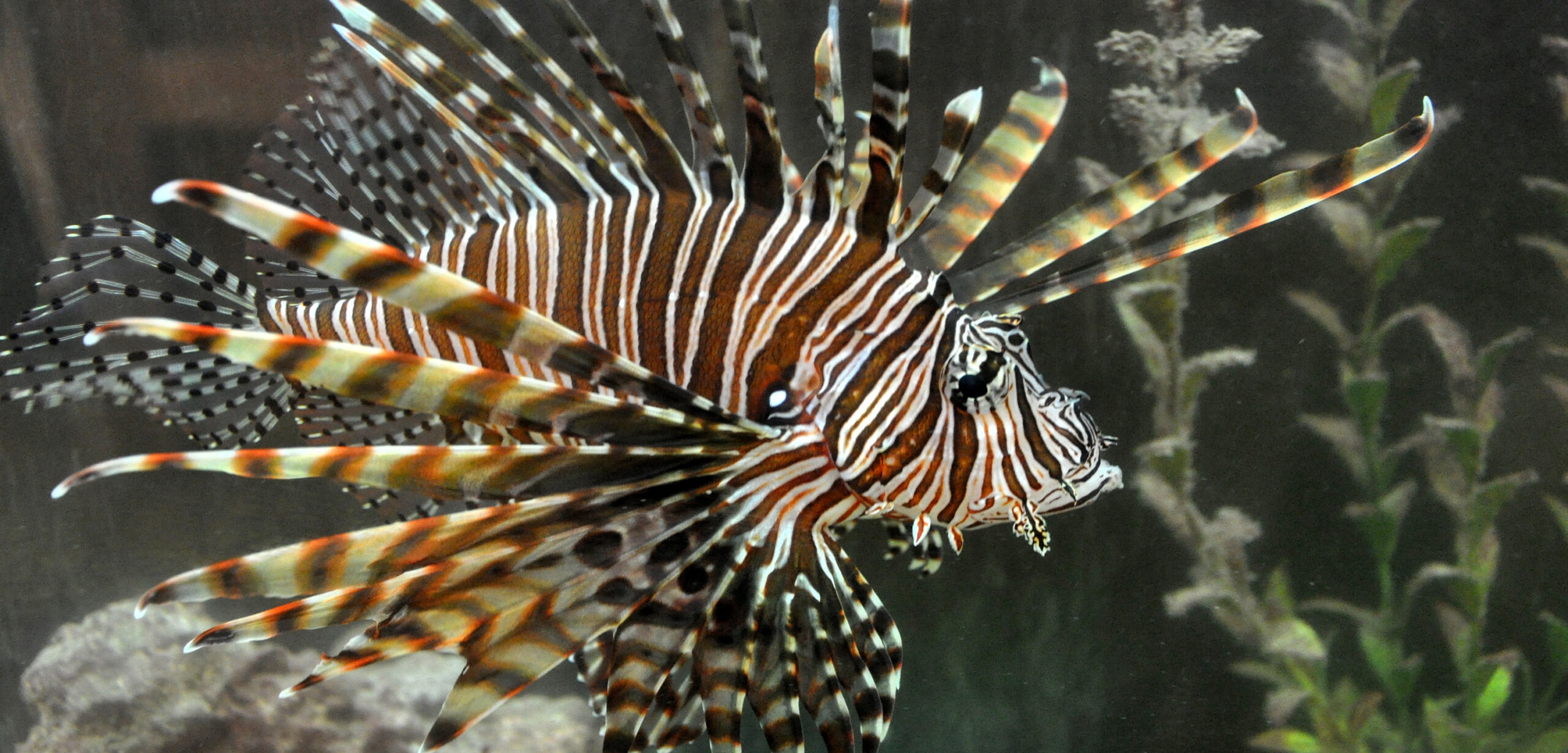 The intentional or accidental release of two species of lionfish (genus Pterois) into local waters over the past 30 years is causing further harm to Florida’s reefs and fisheries. Large lionfish populations now exist in the Caribbean, western Atlantic, and the Gulf of Mexico. Native to the Indian Ocean and the Pacific, lionfish have no known significant local predators. With its formidable venomous spinal tissue, sit-and-wait ambush tendencies, and the ability to consume prey more than half of its length, the lionfish is quite the intimidating predator to smaller fish and invertebrates, many of which are important to keeping reefs clear of algae.
The intentional or accidental release of two species of lionfish (genus Pterois) into local waters over the past 30 years is causing further harm to Florida’s reefs and fisheries. Large lionfish populations now exist in the Caribbean, western Atlantic, and the Gulf of Mexico. Native to the Indian Ocean and the Pacific, lionfish have no known significant local predators. With its formidable venomous spinal tissue, sit-and-wait ambush tendencies, and the ability to consume prey more than half of its length, the lionfish is quite the intimidating predator to smaller fish and invertebrates, many of which are important to keeping reefs clear of algae.
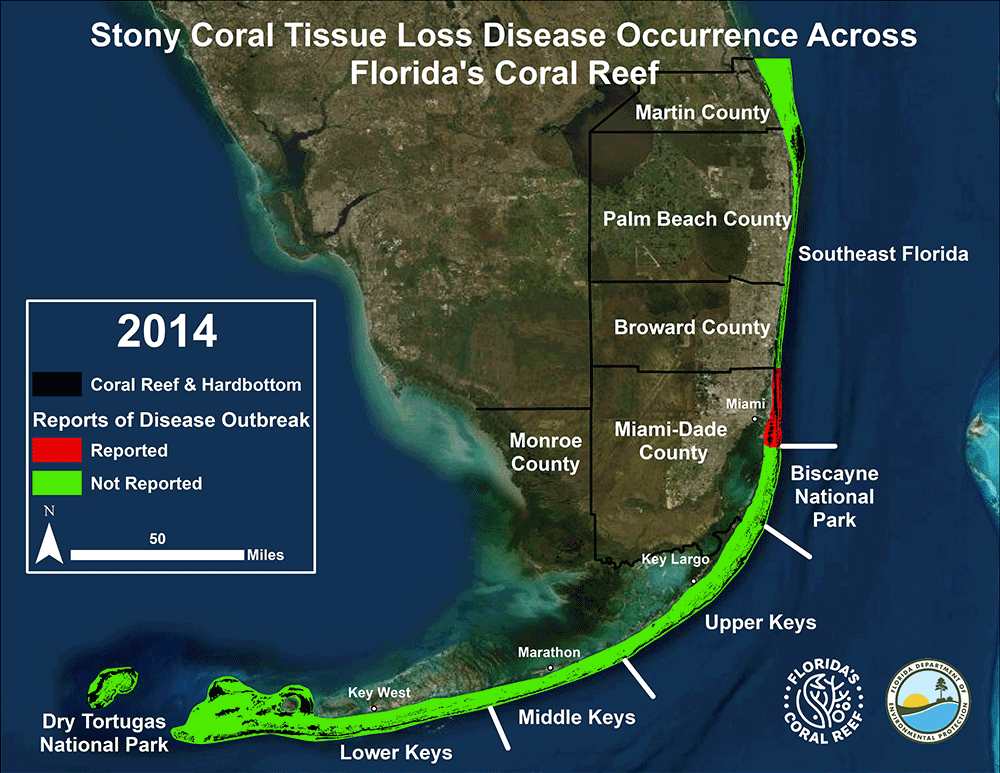 Corals, when stressed, also become susceptible to disease. A previously unknown coral disease called stony coral tissue loss disease appeared in the upper Keys in 2014 and has since spread throughout the entire reef – more bad news for a reef that has lost half of its coral over the last two centuries.
Corals, when stressed, also become susceptible to disease. A previously unknown coral disease called stony coral tissue loss disease appeared in the upper Keys in 2014 and has since spread throughout the entire reef – more bad news for a reef that has lost half of its coral over the last two centuries.
Our Foundation is committed to the long-term restoration of Florida’s reefs. We work with FWC, The National Fish and Wildlife Foundation, NOAA, and others to combat coral disease, establish long-term monitoring of reef restoration efforts, and identify breakthrough strategies that will substantially reduce lionfish numbers throughout Florida waters, the Gulf of Mexico, and the Caribbean.
And for the past two years, our foundation, FWC, Disney, SeaWorld, and the Association of Zoos and Aquariums have quietly been holding the largest amount of rescued corals in a non-descript Orlando warehouse called the Florida Coral Rescue Center thanks to a generous starter kit from World Wide Corals. The center is the largest facility of its kind in the U.S. and will play a significant role in the future of the coral reefs; scientists are already seeing corals reproducing!
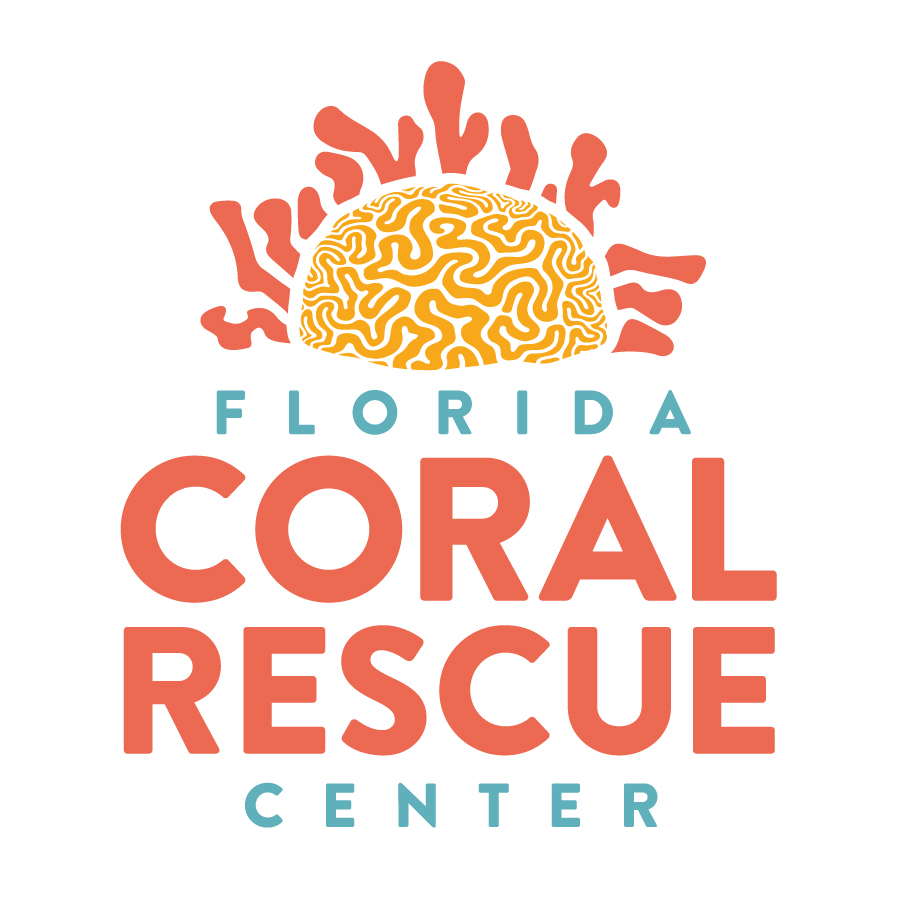 Rescuing corals ahead of the disease progression was an attempt to keep corals from getting sick and safeguard their genetic material to repopulate the reef. Many of the coral species had never been managed in human care before and little was known about their needs. But coral aquarists have advanced coral science, developed new coral care techniques, and ensured optimum coral welfare. In some cases, they are observing behaviors that researchers and field biologists have never observed before, like the reproduction of threatened cactus corals.
Rescuing corals ahead of the disease progression was an attempt to keep corals from getting sick and safeguard their genetic material to repopulate the reef. Many of the coral species had never been managed in human care before and little was known about their needs. But coral aquarists have advanced coral science, developed new coral care techniques, and ensured optimum coral welfare. In some cases, they are observing behaviors that researchers and field biologists have never observed before, like the reproduction of threatened cactus corals.


